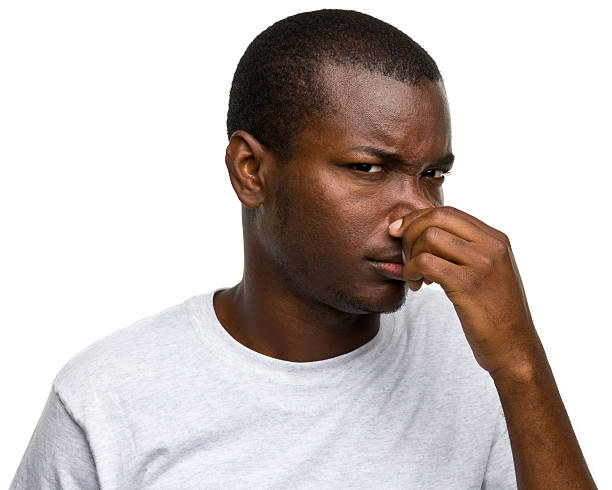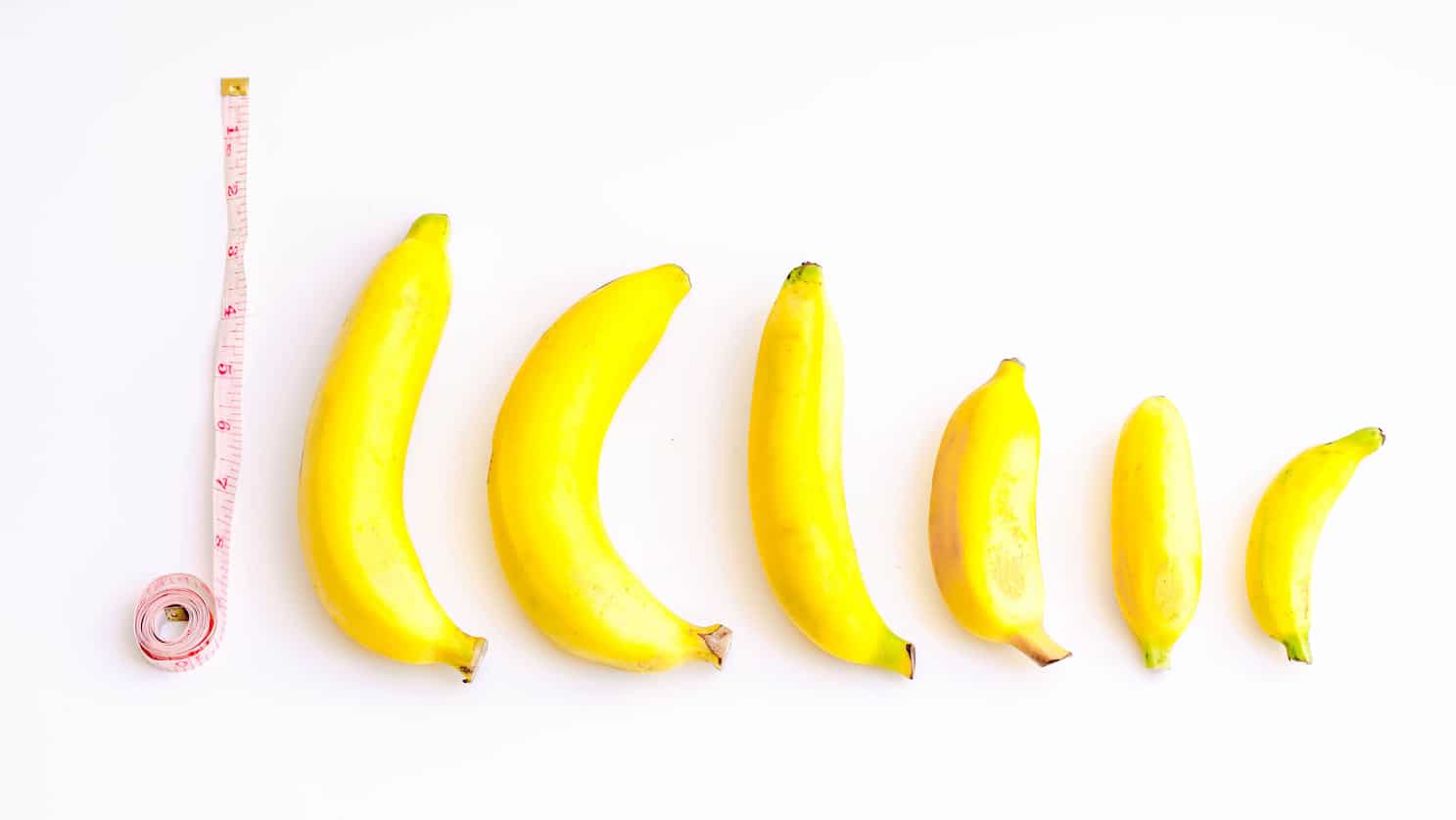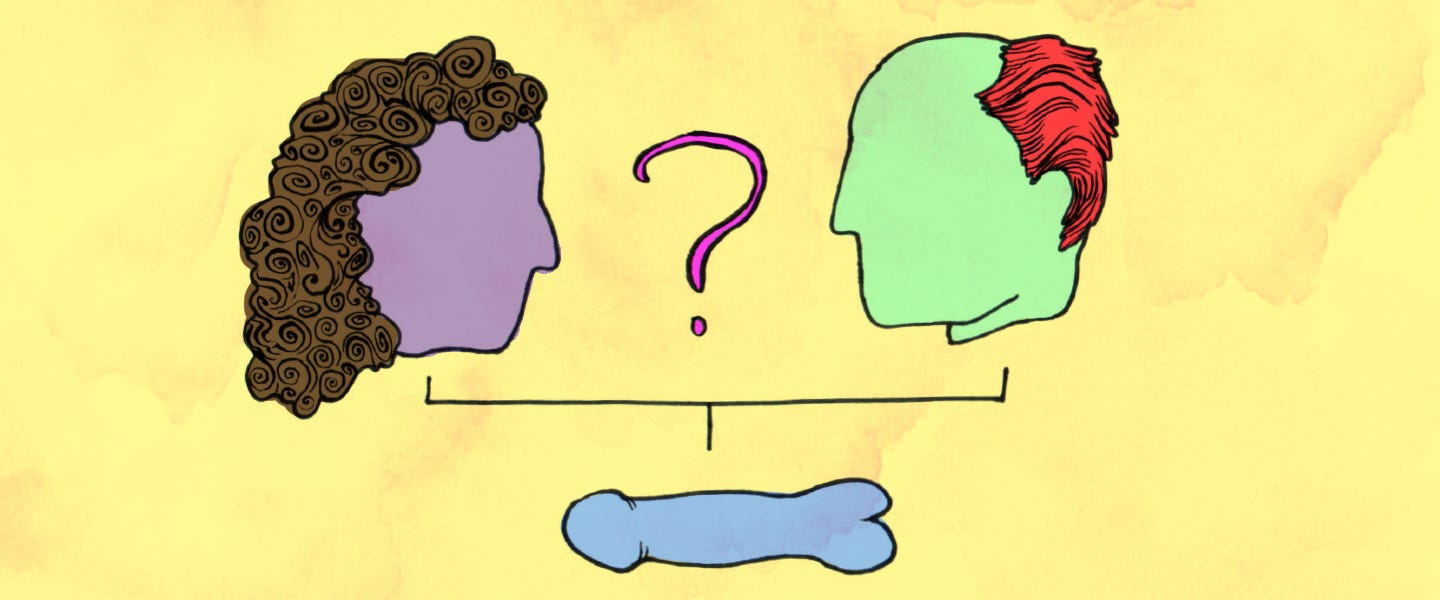

Penis size is a topic of curiosity and concern for many men.
The fascination and anxiety around penis size are fueled by societal expectations, the media, and personal insecurities.
However, penis size varies greatly among individuals and is influenced by multiple factors. These factors range from genetic inheritance to lifestyle choices, and understanding them can provide a more realistic and healthy perspective on the matter.
1. Genetics
Genetics sometimes determines penis size. The size and shape of a penis are influenced by the genes inherited from both parents.

Specifically, the androgen receptor (AR) gene on the X chromosome, which is inherited from the mother, is crucial in penile development.
This gene determines whether tissues in the body have receptors for androgens like testosterone, which are essential for the growth of male sex organs. Variations in these genes explain why siblings can have different penis sizes??.
2. Hormonal levels
Hormones, particularly testosterone, are critical in penis development and growth. Testosterone levels surge during two key periods: fetal development and puberty. During fetal development, testosterone influences the formation of the penis. Later, during puberty, a spike in testosterone levels further stimulates penile growth. Conditions that affect hormone levels, such as hormonal imbalances or endocrine disorders, can impact penis size and development. For example, a lack of dihydrotestosterone (DHT), a potent form of testosterone, during these critical periods can lead to a smaller penis?.
3. Nutrition

Nutrition helps in overall growth and development, including that of the penis. Adequate nutrition during pregnancy and early childhood is crucial for proper hormonal balance and organ development. Studies have shown that malnutrition can negatively impact androgen receptors and disrupt normal sexual development. On the other hand, certain nutrients can support healthy growth. For instance, soy formula has been linked to a more rapid increase in penile length during early infancy, though the exact mechanisms remain under study?.
4. Medical conditions
Certain medical conditions and disorders can influence penis size. Conditions such as micropenis, where the penis is significantly smaller than the average size, can arise from hormonal deficiencies or genetic anomalies. Also, diseases that affect hormone production or the endocrine system can also impact penile growth and development. It's important to consult a healthcare professional if there are concerns about penis size, as they can provide appropriate evaluations and treatments?.
ALSO READ: How to tell a man’s penis size from his face and fingers
5. Environmental factors
Exposure to environmental toxins can also affect penis size.

Chemicals like phthalates, commonly found in plastics, have been linked to reduced penile size in infants exposed during pregnancy. Pesticides and other pollutants can similarly disrupt hormonal balances and affect growth. These findings highlight the importance of minimising exposure to harmful chemicals, especially during critical periods of development.
ALSO READ: Does penis size really matter? Here are all the facts and misconceptions
Note: Penis size does not define one's masculinity or sexual capability. Prioritising overall health and well-being is far more important than fixating on size alone.
This content was created with the help of an AI model and verified by the writer.
Read Full Story


















Facebook
Twitter
Pinterest
Instagram
Google+
YouTube
LinkedIn
RSS